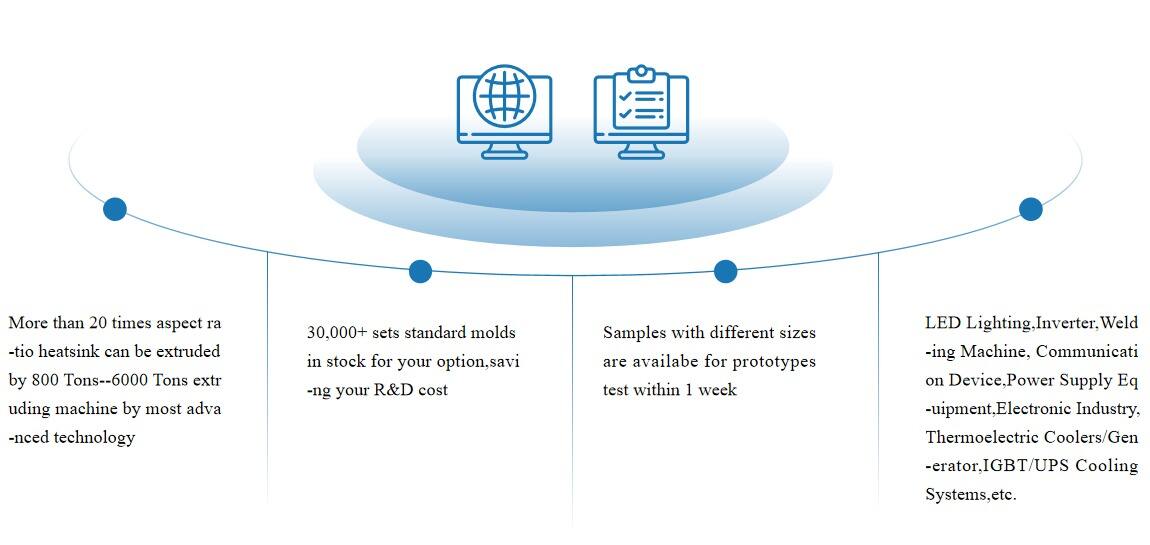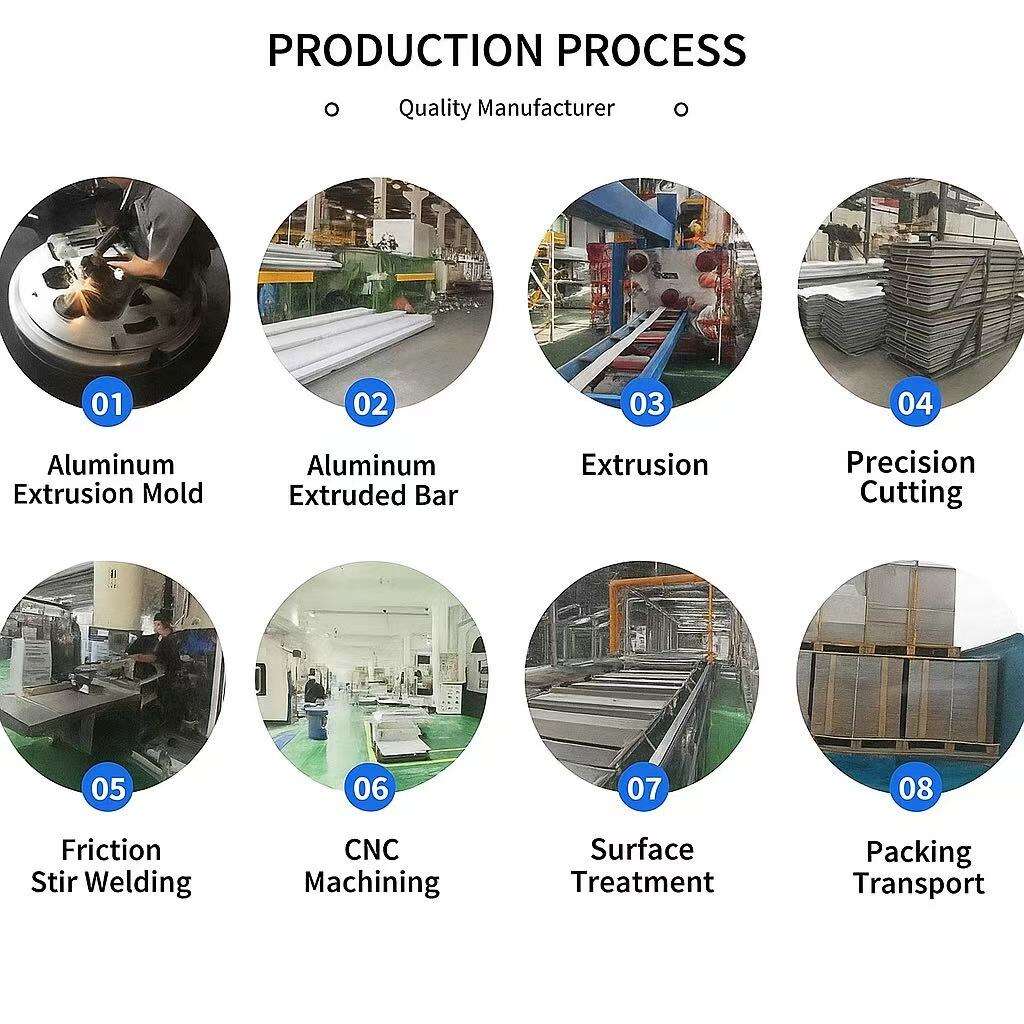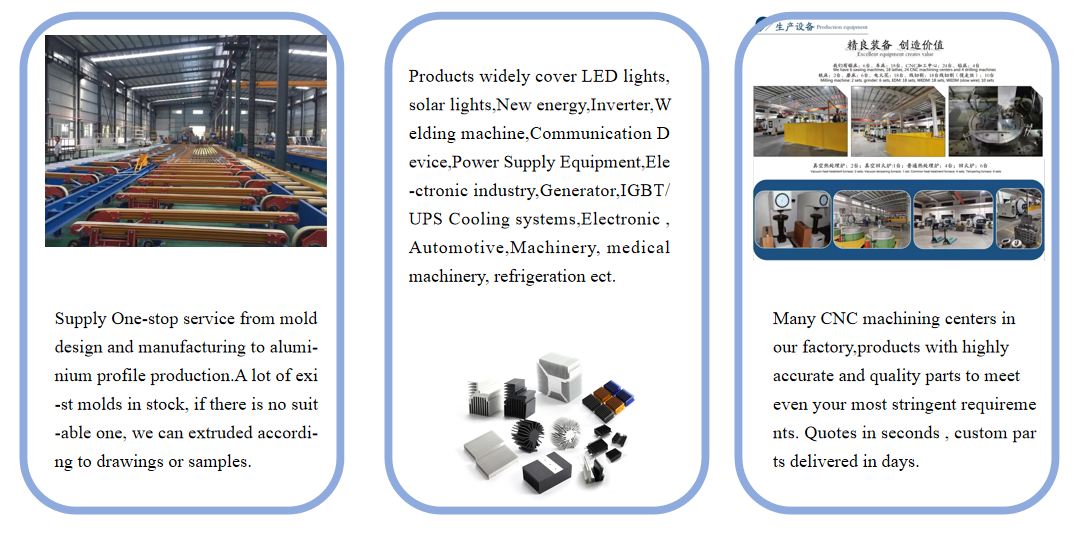Architectural aluminium profiles, with their distinctive advantages of lightness, high strength, corrosion resistance, aesthetic appeal and environmental friendliness, have become one of the defining materials of modern construction. From majestic glass curtain wall skyscrapers to cosy residential doors and windows, from exquisite interior fittings to green photovoltaic systems, they are ubiquitous, continually driving innovation in building technology and aesthetics. Selecting high-quality aluminium profiles and appropriate surface treatments is key to ensuring a building's long-term safety, visual appeal and energy efficiency.
Architectural aluminium profiles are primarily categorised by application as follows:
1. Door and Window Profiles: Systems for doors and windows in residential, office, hotel, and other buildings.
2. Curtain Wall Profiles: For unitised curtain walls, component curtain walls, point-supported glass curtain walls, etc.
3. Interior finishing profiles: Partitions, ceiling grid systems, skirting boards, coving, display cabinet frames, stair handrails, etc.
4. Solar photovoltaic profiles: Photovoltaic mounting systems.
5. General structural profiles: Canopies, skylights, equipment supports, workbenches, etc.
Within the construction sector, the most commonly used aluminium alloy grades are the 6xxx series, particularly: 6063 and 6061.
Architectural aluminium profiles, with their unique advantages of lightness, high strength, corrosion resistance, aesthetic appeal, and environmental sustainability, have become one of the defining materials of modern construction. From majestic glass curtain wall skyscrapers to cosy residential doors and windows, from intricate interior fittings to green photovoltaic systems, they are ubiquitous, continuously driving innovation in both building technology and aesthetics. Selecting high-quality aluminium profiles and appropriate surface treatments is key to ensuring the long-term safety, visual appeal, and energy efficiency of buildings.



